Maria Montessori, the founder of the Montessori philosophy of education, believed strongly in thanksgiving. As such, gratitude has a strong presence in the Montessori classroom, beginning with Practical Life lessons of grace and courtesy in the Infant/Toddler Community and Primary classes and continuing through the Children’s House and Elementary Program.
Exercises of Practical Life are one of the five areas of the Montessori prepared environment. These exercises resemble simple work in life and in the home, such as housekeeping, to include dusting, sweeping, and washing dishes. The purpose of these activities is to aid the child in adapting to his or her community, learn self-control, and start to see himself or herself as a contributing part of the social unit/family unit as a whole.
The ideas of grace and courtesy also fall in line as an aspect of Practical Life. Lessons that demonstrate positive social behavior help the young child adapt to life within a group and provide the knowledge of socially acceptable behavior. “Grace in the classroom can be how to politely get someone’s attention, how to give and receive a compliment, how to politely observe someone working or ask for help,” said Shanna Honan, executive director of the Chesapeake Montessori school, in Chesapeake, Virginia.
In Chesapeake Montessori’s elementary classrooms, an even bigger emphasis is placed on gratitude. “We give gratitude to things that came before us like the jellyfish, whose cells began one of the first types of division of labor or the earthworm for continuous digestion,” Honan said. “We also show gratitude to the Phoenicians for the start of our alphabet or the Greeks for their democratic government. We try and help children understand that someone or something worked very hard in the past to give us what we have today.”
Contributing to the overall idea of thanksgiving in the Montessori classroom is also the value placed on discipline from within. In the ideal Montessori classroom discipline comes from within each child rather than a teacher’s reward or punishment. Children work to control his or her own actions and make positive choices regarding their own behavior.
As we express our gratitude, we must never forget that the highest appreciation is not to utter words, but to live by them.” – John F. Kennedy
As adults, modeling gratitude through actions and language in everyday life can help cultivate a culture of gratitude within even the youngest children. When at the grocery store, during mealtimes, or when cooking a family meal together, parents can tell their children how thankful they are to have the ability to choose the food they put on the table. During storytime, parents can express gratitude for the time they are able to spend reading with their children as well as the gift of learning to read. When the family is headed to school, parents can discuss their thanks for having a working vehicle, the means to put gas in the car, or the option to send their children to a school of their choosing.


